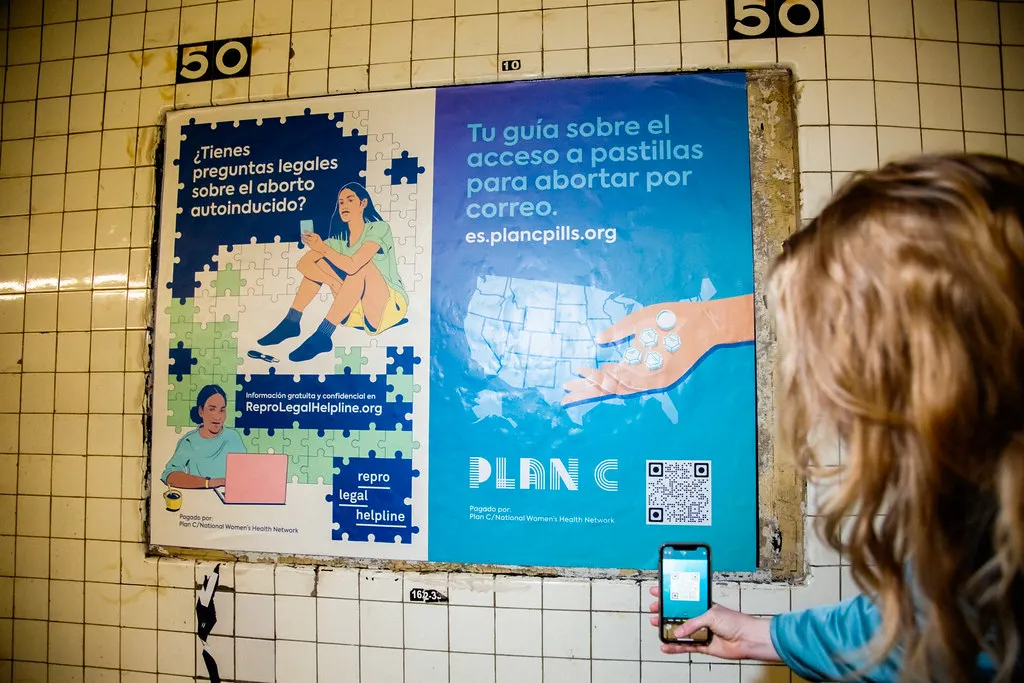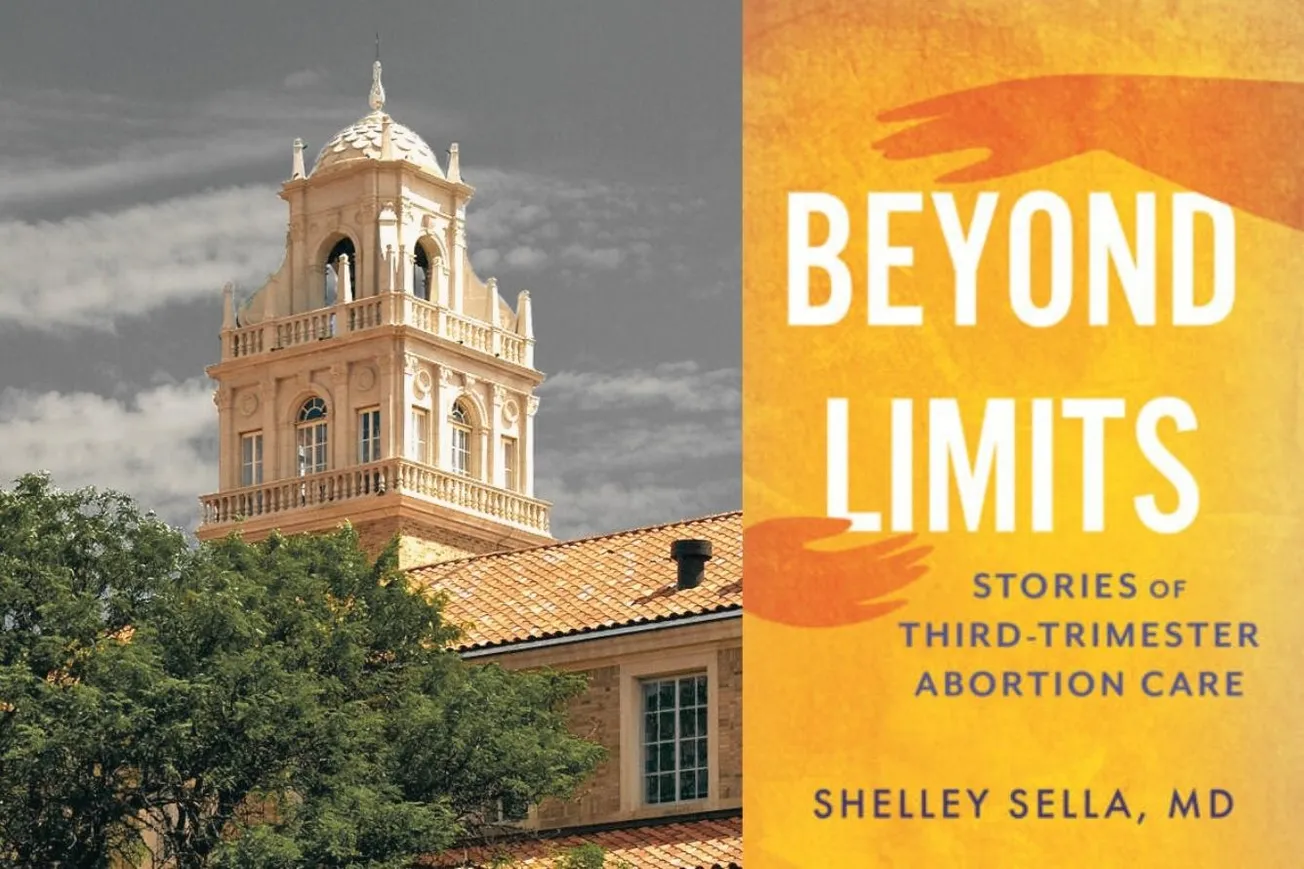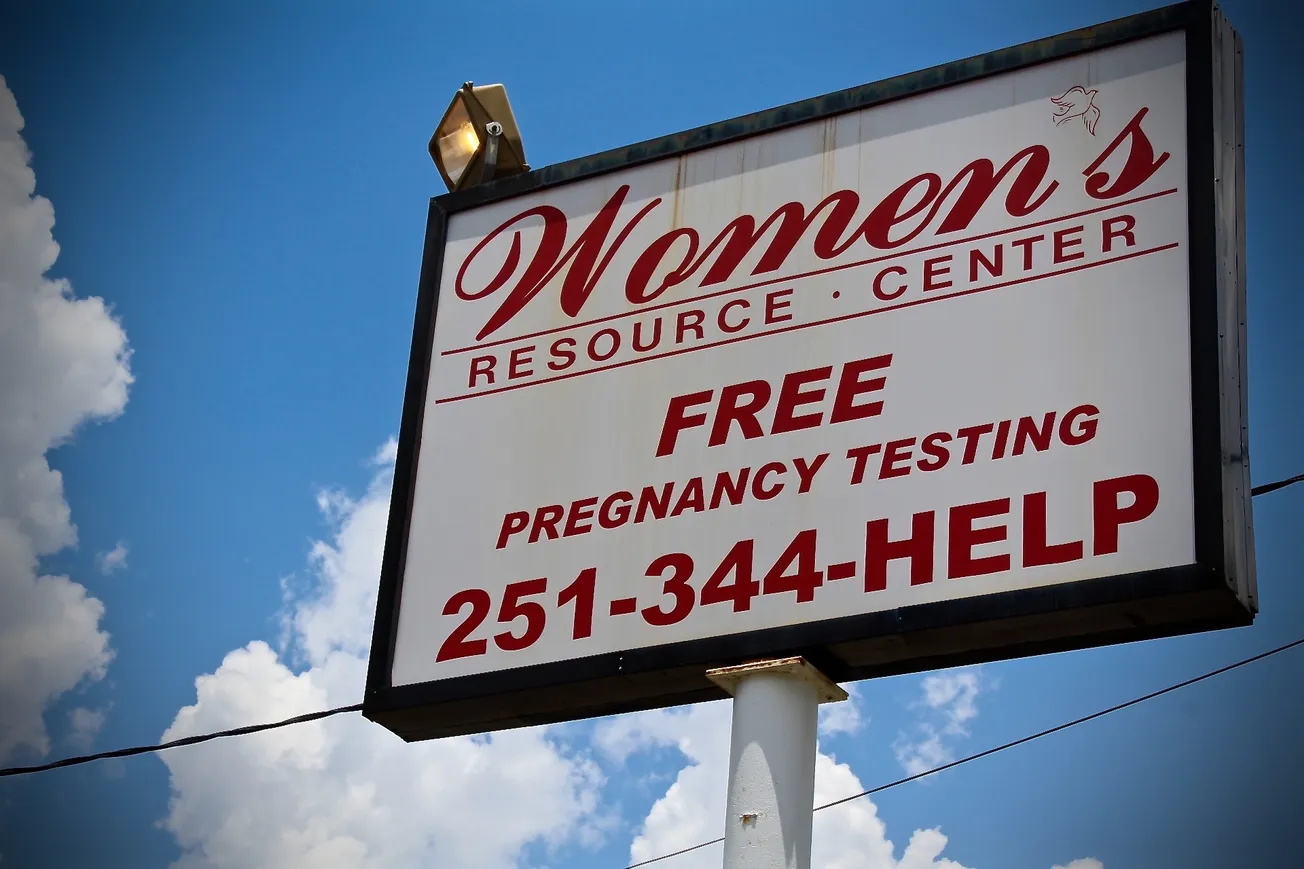By the end of last year, one in four abortions reported in the U.S. was the result of someone receiving abortion pills in the mail. That stat, from the Society of Family Planning, would have been unthinkable just a few years ago—in 2022, at the time the Supreme Court overturned Roe v. Wade, the number was one in 20. A lot has changed in a short time, including a global pandemic that expanded telehealth options, state abortion bans, and new protections devised for clinicians to prescribe abortion pills across state lines.
Through it all, the organization Plan C has been informing people about where they can find abortion pills in all 50 states and U.S. territories—and promoting the concept of a “plan c” in the event of a late period or unintended pregnancy.
The non-profit has maintained an online directory of abortion pill providers since June 2016, including listings that range from full-service telemedicine, to community networks, to websites where users can buy pills directly from overseas producers. (Typically, an abortion with pills involves two drugs, mifepristone and misoprostol, but misoprostol is also safe and effective on its own.) Plan C has become a well-known resource and a popular tool: The site had two million hits in 2024, per the organization's annual report. The group also conducts mystery shopping of various services and collects information directly from providers.
This week, Plan C launched a newly redesigned version of its website following more than a year of work to make information about abortion pills even more accessible, said Amy Merrill, Plan C’s digital director and one of the cofounders of the organization. This is the third iteration of the site, after a previous relaunch at the end of 2020, which introduced state-specific pages and a Spanish translation. But as options for pills grew exponentially, Merrill said, it became clear Plan C was reaching the limits of the old design, especially on the state pages. “It started to get overwhelming to process all the information,” she told Autonomy News.
Visitors to state pages will now see provider data presented in rows and columns, rather than separate boxes, so they can easily compare services. Users have more filtering options, too: They can sort by interaction type (i.e., whether or not a video visit is required), weeks of pregnancy, ages served, and languages spoken. An existing filter allows visitors to select providers that offer pills for future use, known as “advance provision.”
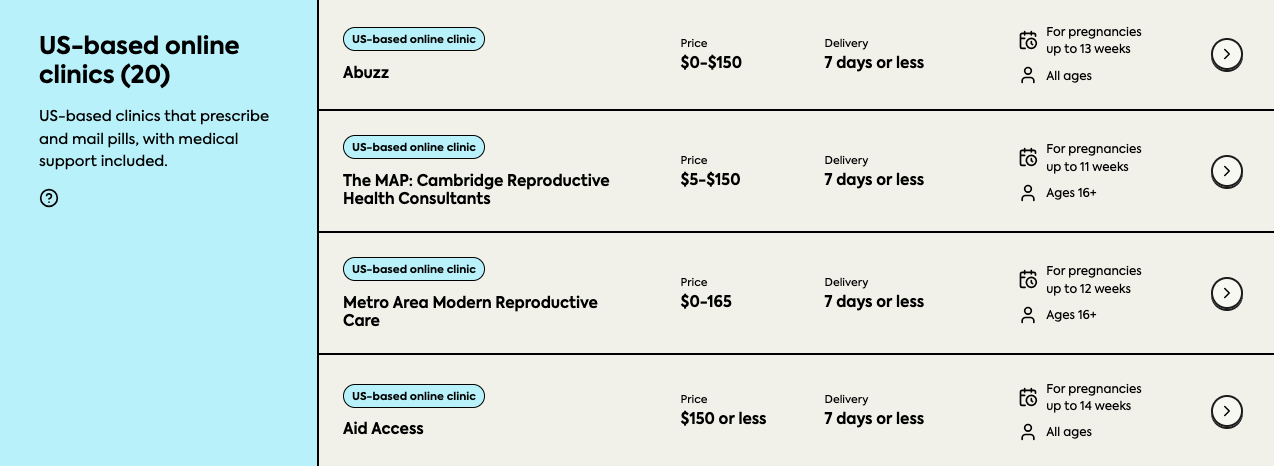
Another existing filter shows providers that accept Medicaid. That’s now enhanced with a box above the results that reads: “Concerned about cost? [X state] Medicaid provides free abortion care for all low-income pregnant people who live in [X state] regardless of immigration status. Show [X state] Medicaid providers only.” Plan C felt this callout was necessary because some people are paying for pills they could get for free. “It's a real issue,” Merrill said, noting that highlighting services that accept Medicaid is part of “the mission to make sure people understand all the options that are out there right now.”
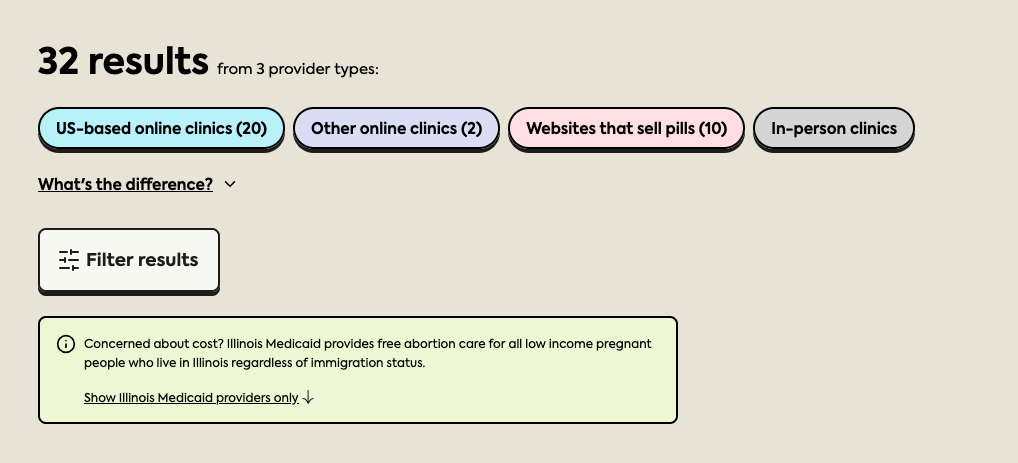
Merrill said that people searching for abortion pill information may find vastly different things depending on which stories they read, so Plan C’s goal is “presenting a complete picture of pill access, as well as contextualizing it with information about legal risk.” (Nevada is the only state that explicitly bans self-managed abortion, and only after 24 weeks of pregnancy. However, people in other states can still be criminalized after taking abortion pills, typically under charges like concealing a death or abuse of a corpse. Plan C notes that people with legal questions can contact the Repro Legal Helpline.)
The fact that this kind of information is readily available enrages abortion opponents, who have ratcheted up attacks on medication abortion as they try to prevent abortions in states with bans. Telemedicine prescriptions are still accessible in those states thanks to so-called “shield” laws. Abortion providers in eight states can treat patients across state lines under these laws, which declare their state won’t respond to civil or criminal actions initiated by the state where the patient lives.
Of the 25 percent of abortions last year that were provided via telemedicine, half of those—or 1 in 8 abortions nationwide—were prescribed by providers based in shield law states to patients in states with bans or restrictions. That works out to roughly 12,000 abortions per month. Shield laws have not yet been tested in federal court, but a dispute between New York and Texas is quickly escalating, and Louisiana and California may soon be battling it out as well. There are also two federal lawsuits filed against providers or services that seek to gut shield laws: one involving a California doctor and another naming Aid Access, but not a specific physician.
Some officials are attacking online speech directly. In July, Arkansas Attorney General Tim Griffin sent cease and desist letters to Plan C and another organization, Mayday Health, demanding they stop “advertising” that abortion pills can be mailed to Arkansas, which has a total abortion ban. Griffin alleged that, by referring to the medications as safe, the language on the sites “may constitute false, deceptive, and unconscionable trade practices” under the Arkansas Deceptive Trade Practices Act. Texas Attorney General Ken Paxton sent a similar cease and desist to Plan C in August, claiming that the site was “facilitating the shipment of abortion drugs” in violation of the state’s ban, and alleging that calling the pills safe breaks the Texas Deceptive Trade Practices Act.
Both AGs threatened investigations and potential lawsuits if Plan C didn’t halt its “advertising” to residents of their states. Plan C declined to comment on those letters for this story, but they continue to share information for both Arkansas and Texas.
There have been other state-level attacks on abortion information. Texas considered a bill that cited Plan C by name, alongside other sites like Aid Access, though that proposal failed in both the regular session and a special one called this summer. But a recently proposed law in South Carolina that would ban nearly all abortions and subject people who have abortions to felony charges, also contains a provision targeting websites. SB 323 says the state would consider it “aiding and abetting” an abortion to host or maintain a website that is “purposefully directed to a pregnant woman who is a resident of this State” and “provides information on how to obtain an abortion, knowing that the information will be used, or is reasonably likely to be used for an abortion.” A state senate committee held an initial hearing on the bill last week, but the legislature is not officially in session until January.
Merrill said the fact that lawmakers are trying to restrict speech about abortion should be a wake-up call about erosion of the First Amendment. “That is not how the internet is meant to function,” she said. “I don't believe that people in those states want to be uniquely blocked from accessing all dimensions of the internet.” Plan C will continue publishing information in the face of these threats, she said. “We still get to talk about abortion, and we're going to keep doing that.”
She also noted that conservative attacks on medication abortion may have the opposite of their intended effect. “They’re amplifying the message,” Merrill said. “They are making abortion pills famous in ways that we couldn’t do and in audiences that might not have known.”
One thing is certain: Plan C isn’t going to stop spreading the word, no matter who tries to intimidate them. “We are existing in a particularly intense time here in the U.S., where things are rapidly shifting,” Merrill said. “We have received pushback about the question of, ‘Can we share this information?’ We think it's really important to continue to publish our research.”
Abortion-rights supporters can also help more people learn about abortion pills by mail by putting up Plan C stickers, which are available in English and Spanish.
Even if there are changes to medication abortion access at the state or federal level, there will still be groups mailing pills—including community support networks, which are also listed on Plan C. Merrill said that while she can’t predict exactly what will happen, pills are here to stay. “You can't really put the genie back in the bottle, so to speak,” she said. “No matter what changes in the courts or in the states, there are going to be services that ship to all of those states. There's just this inevitability to it.”
This story was edited by Garnet Henderson and copy edited and fact checked by Hannah McAlilly.
Follow Autonomy News on Instagram, Bluesky, TikTok, and LinkedIn.


